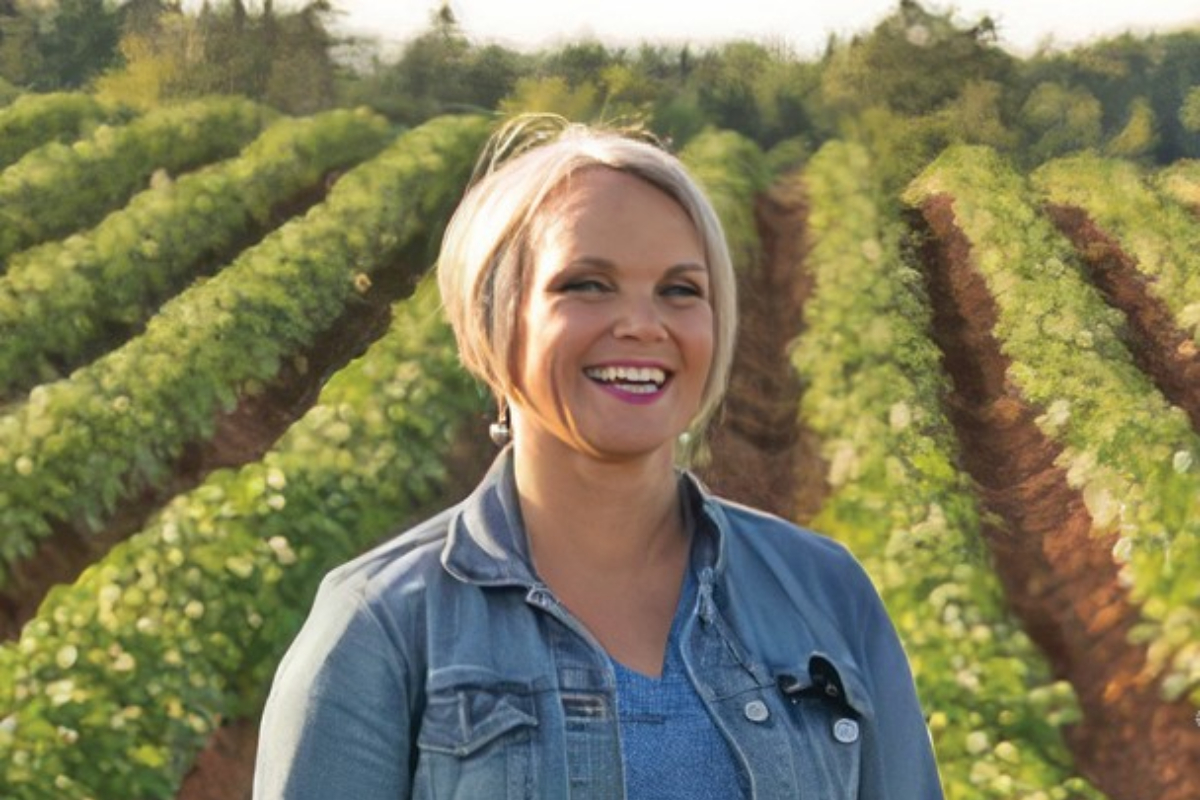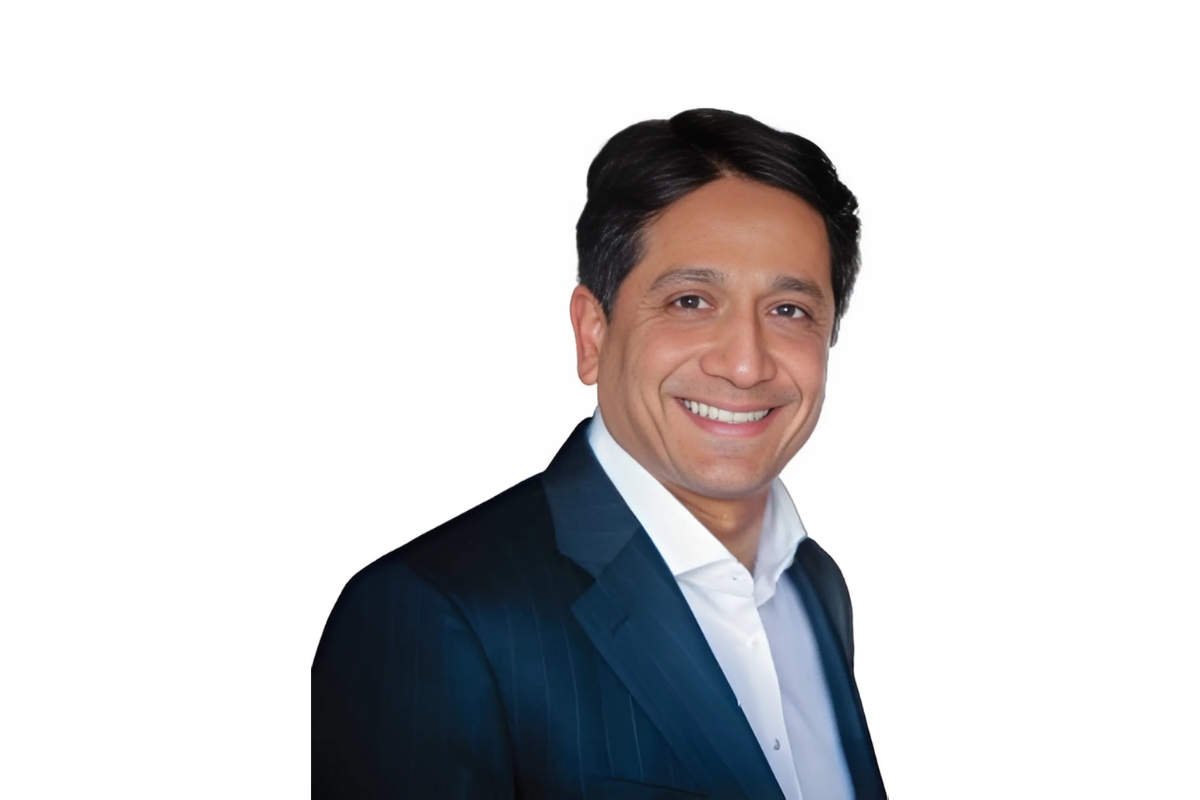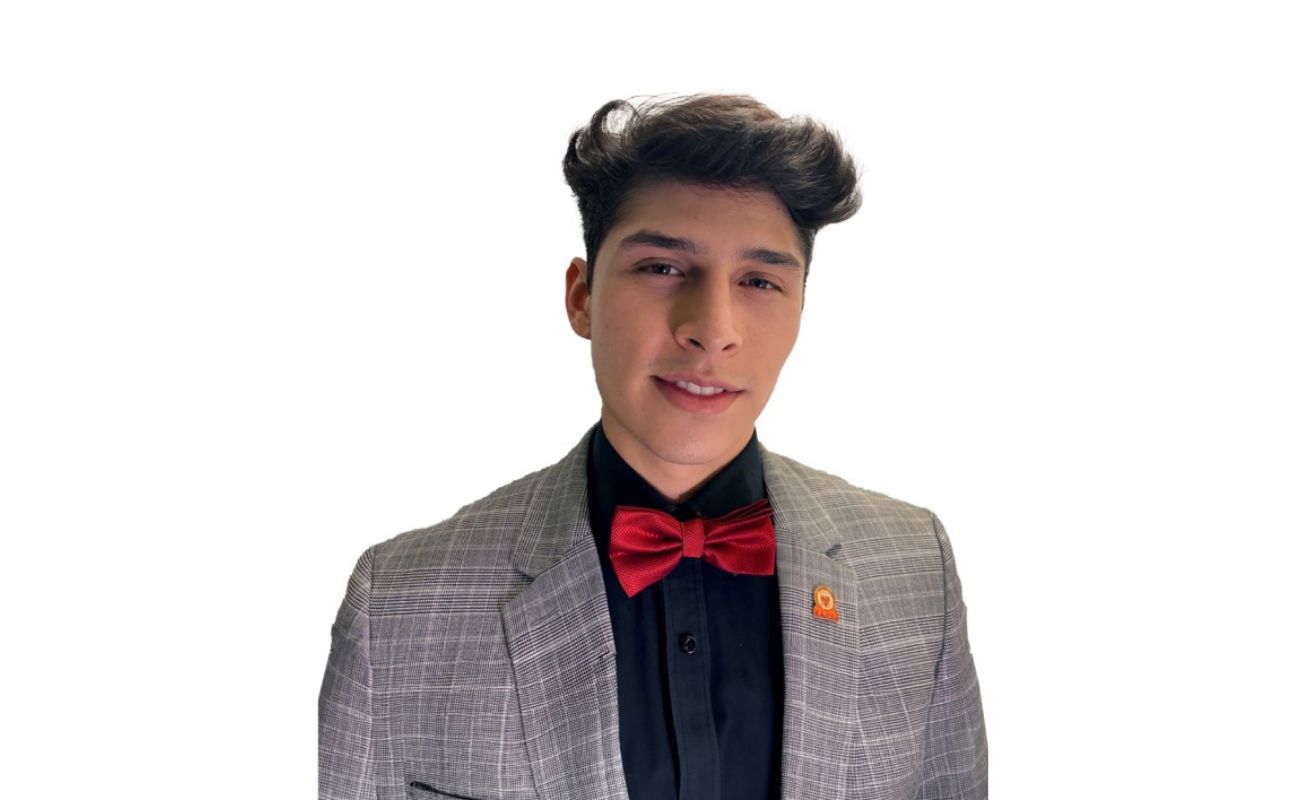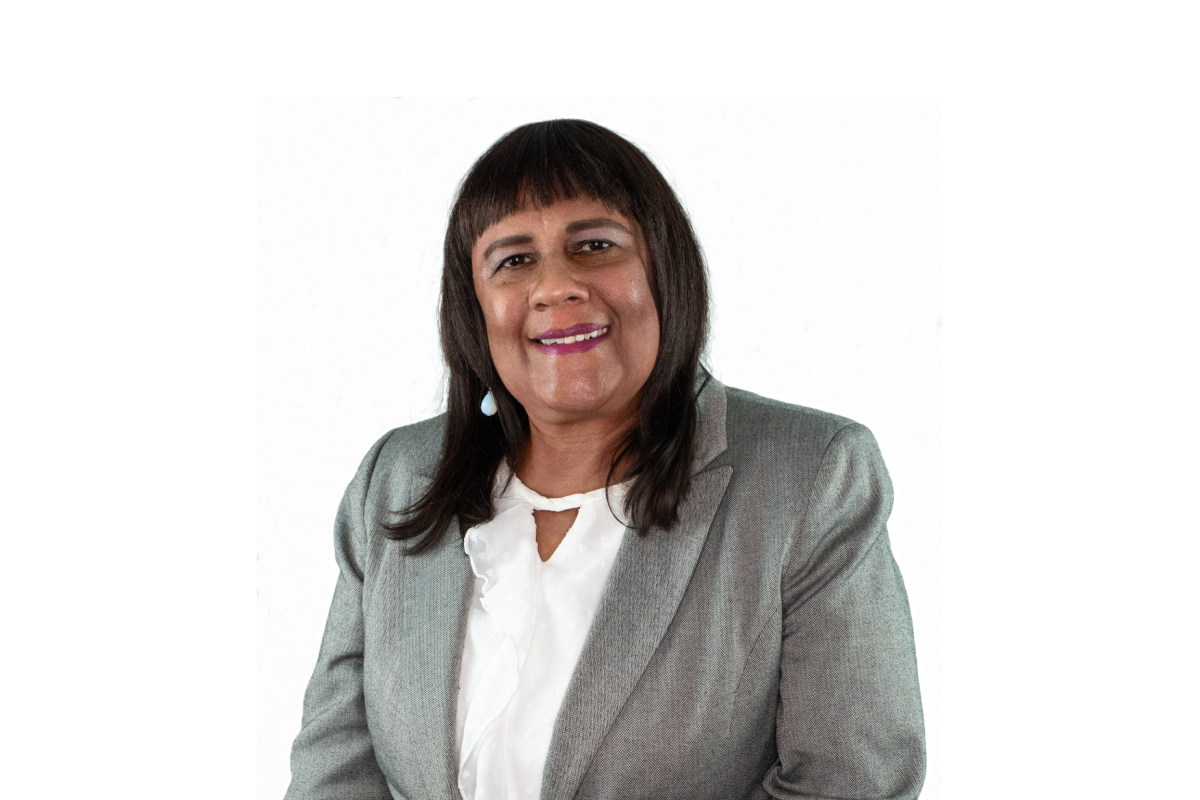Serial entrepreneur, university professor, and cancer research fundraiser, Jane J. Wang is the founder and CEO of Optimity, the popular wellness app that helps users establish beneficial health and financial habits with goal-setting and incentivizing.
Optimity uses evidence-based “behavioural science and gamification” to make healthy living fun, and it has had a positive effect on individuals, corporations, and populations alike. Wang’s passion for healthcare is well-matched by her years of experience in technology, and by combining them together in innovative ways, she has made an impact on thousands of Optimity users — and is sure to continue to make waves in the fields of health, tech, and education for years to come.
Wang kindly shared with The Edge her journey through the tech industry, her drive for improved healthcare outcomes, and her inspiration gained from her mother.
Tell us a little about how you got into the dual fields of technology and healthcare.
My career path was based on a blend of the two worlds as technology and data are critical to advancing healthy living: quality of life and longevity.
My formal education and background were in health sciences and data — I received my B.S. in Biochemistry from McGill University and MBA from Ivey Business School at Western University. I also completed my Executive Training at Stanford University.
Prior to starting my journey as a tech entrepreneur, I spent a decade leading teams in global clinical trials for pharmaceutical companies, developing technologies and programs to maximize patient outcomes and longevity.
Ironically on this journey, while achieving increased longevity for thousands of patients around the world, my mother got sick and passed away at age 52 — and I couldn’t do anything about it. She never got access to the amazing science and technology I worked on.
This made me realize that consumer-facing technology was a critical missing piece of the healthcare puzzle and the crucial role it plays in guiding individuals’ behaviours where we can democratize access to the right proactive health information and personalized programs. This allowed me to focus on a scalable technology solution that would codify the science of health and longevity as well as the practical ways that people can achieve a vibrant, high-quality life.
When you left your previous role in 2014 to start Optimity, did you ever question your decision in those first few months of transition?
I think anyone who transitions from the comfort of their traditional nine-to-five to take on the uncertainty of launching a tech start-up would! But it paled in comparison to the reason that Optimity was born. I knew that the gravity of the issues that Optimity would be able (and has since started) to address was fundamental. The more we started to see positive outcomes from our science-backed app — and how we were able to help people achieve their health, financial, physical, and mental wellness goals — the more those initial questions faded away.
I’ve seen the word “gamification” used when describing Optimity’s mission to improve the health of users. Can you explain a bit how that works and how you came to incorporate it into the design of Optimity?
The idea of gamification is simple: use game mechanics such as playful achievements, leaderboards, and incentives to encourage users to achieve a certain behaviour or attain certain milestones. However, rather focusing on a certain behaviour, Optimity uses sophisticated algorithms and AI to holistically nurture an individual’s health goals, encourage social connections, and sense of camaraderie while providing relevant and timely rewards, which in turn further encourages the individual to continue on their health goals.
Did you have any female role models growing up who helped shape the way you lead?
Yes. My mom, who was a software engineer. She always approached technology with a playful eye (she was also a gamer). We coded together for fun as I was growing up and played lots of board games, strategy games, and computer games. She helped me code my first health game, where we took the X-Men concept and created a superpower game about detecting mutations based on sun exposure. I learned thoughtfulness around scalability and sustainability. Ultimately, it is the DNA of who I am as a builder, leader, and tech entrepreneur.
What is one piece of advice you would give to young women pursuing a career in the medical technology field?
My one piece of advice is to look at the medical technology space and think bigger! In order to solve the world’s leading problems when it comes to health care, removing the two big “F words” is key: fear and friction. Think big. Take what you are passionate about from a lab session or research setting and really lean into creating big, scalable, accessible versions of the same amazing science.
Hermione Ruan | Contributing Writer




















